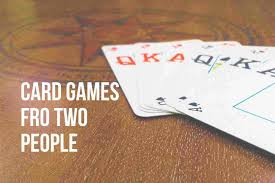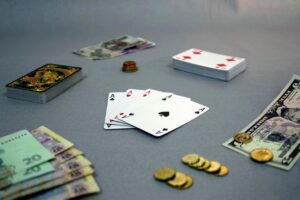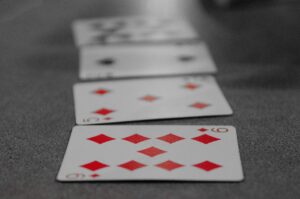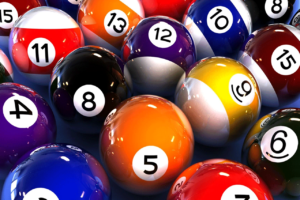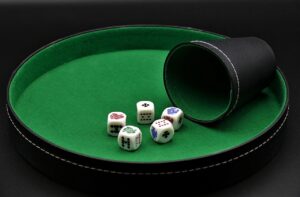Online Poker Tells
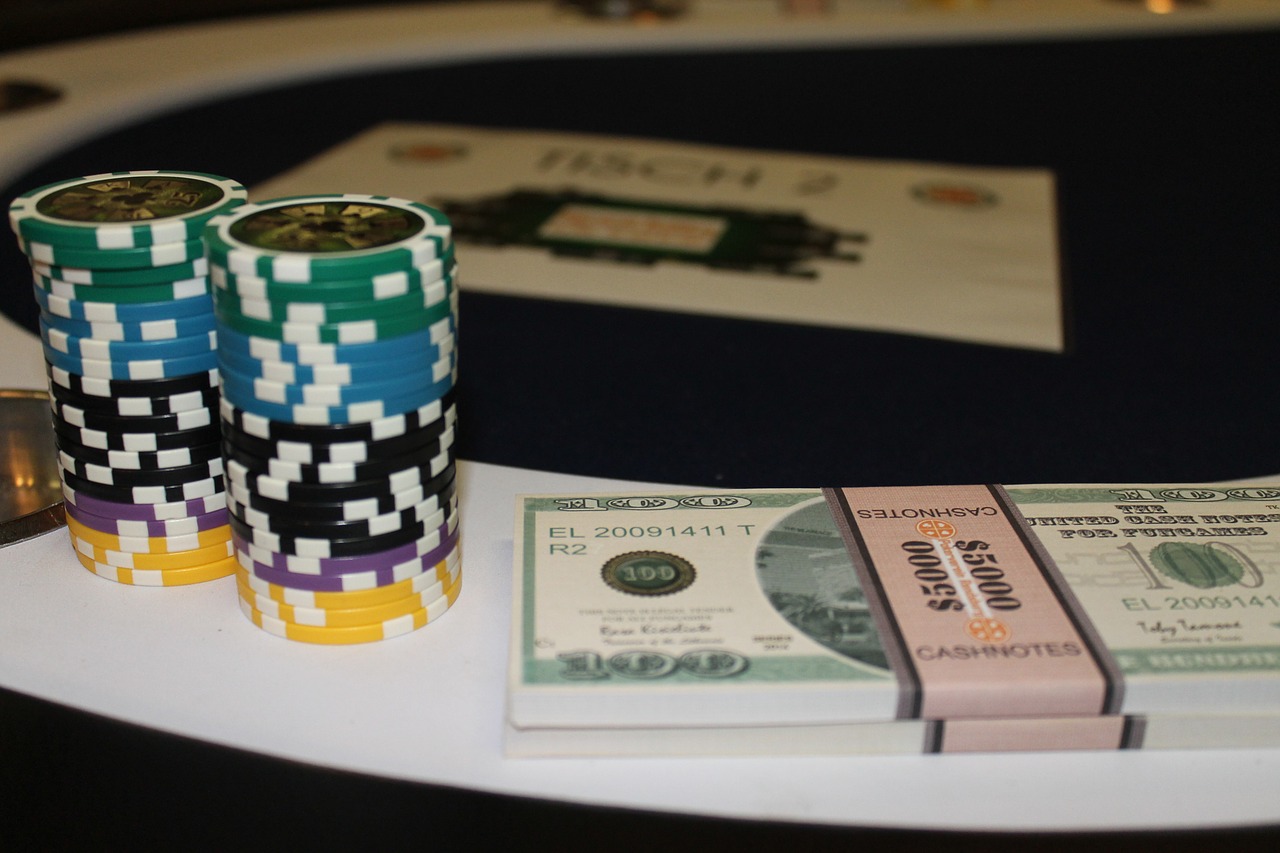
We all know that tells can be some of the most revealing features of poker, but what about in the online version of the game? How can we possibly attempt to determine what a player is thinking when all we have to look at is a number of on-screen cues? Is it possible to glean any information from your online opponent? We think it is, and the following piece is a short and concise account of what you should be looking for, in the way of tells, when playing online poker. In our opinion, virtual tells are just as prevalent in online poker as the physical ones you see when playing a live game.
The most revealing give-away in the live game is the movements one makes with the eyes. It is nearly impossible to control the contractions of the eyes induced by any irregular occurrence, which is why many players choose to conceal their eyes with dark glasses. Of course, when playing online we don’t have access to the visible reactions of our opponents, so we must make our conclusions based on how they act onscreen.
Speed of play
This is a huge indication of the strength of an opponent’s hand. Keep an eye out for players who hesitate before checking, as it can generally be assumed that he has a weak hand and is contemplating whether or not to continue. The same goes for yourself: If you intend on checking with a weaker hand, do it quickly and assertively to throw off your opponent and remove any suspicion that you are uncertain about your chances.
Keep in mind that many play online because they prefer the speed at which the game moves. They don’t have to sit around and wait for the cards to be shuffled, chips to be collected and stacked, and other time consuming aspects of live poker. Thus the average player is less inclined to dawdle for the sake of tricking opponents. Of course this is not true of every player, but you will consistently notice that a lot of online players have less patience than those who participate in the live variety, and you should be using this to your advantage.
Chatting
Using the chat-boxes usually indicates a weak hand. People tend to clam up when they have a strong hand, hoping not to generate any attention and in the process scare off would-be bettors. Also, remember that typing out comments eats into your time and often means that a player is not really concentrating on the task at hand. Furthermore, just like in the real world, unnecessary chatter is often a surefire sign that someone is nervous and/or trying to hide something.
Also remember that tells are often unique to the player. One player might chat when dealt a weak hand and another may do the opposite and clam up. What you are trying to do is identify patterns and habits that will give you a better idea of how a player reacts under a specific set of circumstances.
Fold/Flop Percentage
This tip ties into scrutinizing the patience of your opponents. While it’s impossible to gather an exact percentage of your opponent’s fold-to-flop ratio, you should be able get an idea as to how he plays mediocre hands, for this is indicative of a player’s overall strength. If he folds a lot of hands, then you need to be careful, but conversely, if he plays most hands then he is probably impatient and you should be able to counter his aggressive play when you get decent cards.
Use of Auto Play
At most online poker rooms you have the option to speed up play by using check boxes to fold, raise any bet, or call any bet. You can usually be pretty sure when a player is using these boxes because his action comes through almost instantly after the previous player has taken his turn. And, usually, a valid conclusion can be drawn about a player’s hand whenever he uses the check boxes. For example, if you suspect a player of using the “raise any” box, it should be safe to assume that he is a weak player who has a very strong hand. If a player uses the “check” box you could reasonably surmise that his hand is rather weak, and he isn’t going to alter his play based on the actions of previous players. And finally, if it appears that a player has used the “call any” box then perhaps he is waiting on a card in order to complete a flush or a straight. By no means are these actions true of every player, but nonetheless they should be considered. Most teaching pros would suggest that you avoid using these auto play boxes too, unless you do it sporadically and inconsistently in an effort to throw your opponents off the trail.

